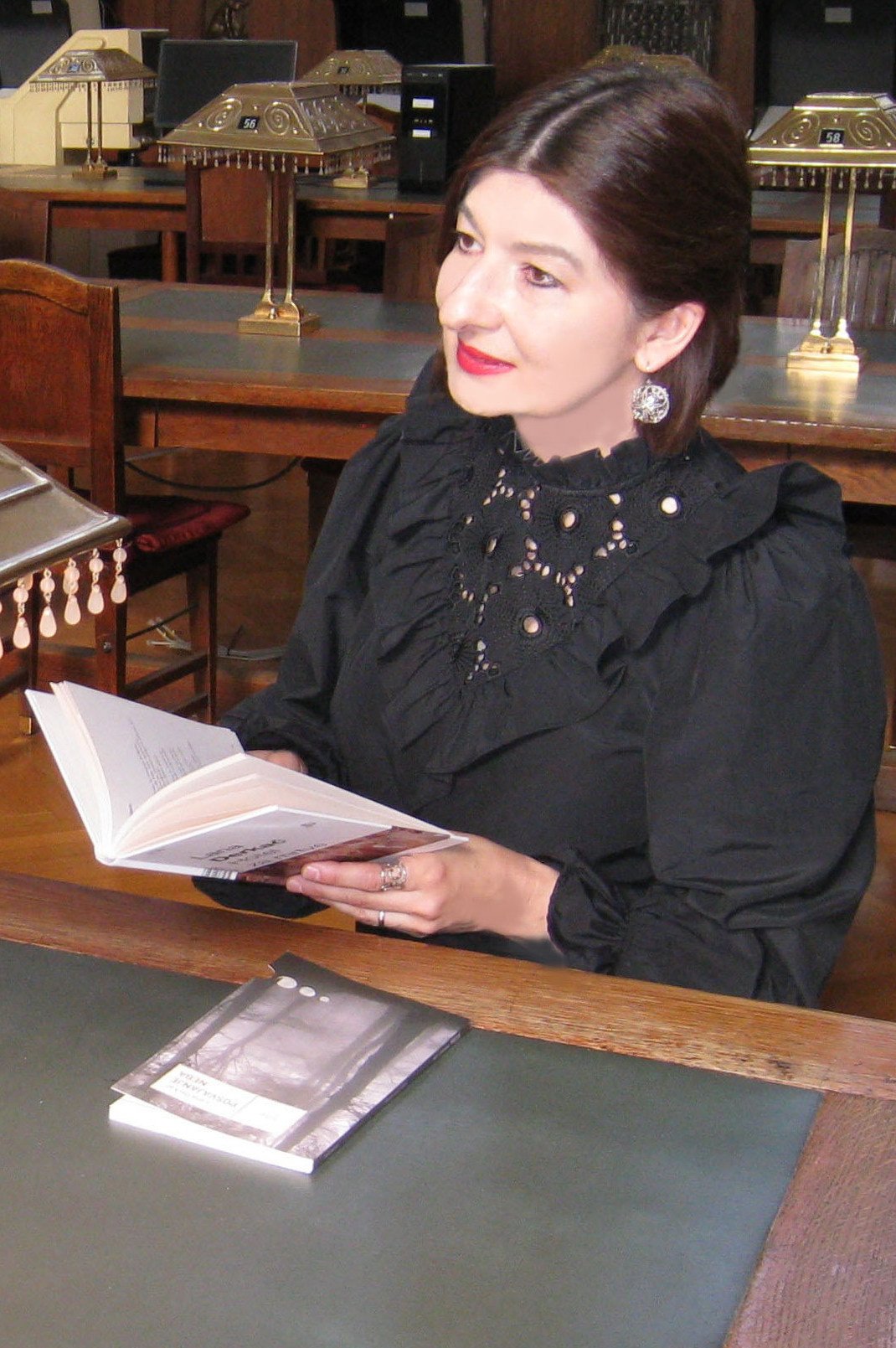
Lana Derkac : Poetess From Croatia

Lana Derkač (1969) : Lana is a renowned Croatian poet and writer. She has published around fifteen collections of poetry, prose, drama, essays, and one novel. Featured in many magazines, journals, and anthologies in Croatia and abroad, her work has been translated into 22 languages. Her recognitions include national and international literary awards, such as the Zdravko Pucak Poetry Prize, Duhovno Hrasce Prize, and Vinum et Poeta Prize, all awarded in Croatia; she has also received the Risto Ratkovic Prize, awarded in Montenegro for the best book of poetry in the region of Montenegro, Serbia, Croatia, and Bosnia and Herzegovina. Lana Derkač has participated in various literary events both at home and abroad, including the Struga Poetry Evenings, the Granada International Poetry Festival, and the Stockholm International Poetry Festival.
Editor’s Remark : Lana is a contemporary poet of the new poetry. She has won so many prestigious awards. She has come twice in India to recite her poems. Her poem describes one thing while it suggests another thing. Her style is somewhat sarcastic. Her poem has it’s own voice & philosophical touch. We are very glad to publish her selected eleven poems. Soon her book in Marathi & Hindi will be publish by Sahityakshar; if no obstacle occurs…We wish her a grand success in the field of Poetry. —Dr. Sanjay Borude
ELEVEN POEMS OF LANA DERKAC
1.PEACE WITHOUT A PASSPORT
Peace is a world traveler.
But often it easily packs its suitcases
and leaves people and the ground.
Sometimes it leaves the biggest suitcase.
Like, it will come back. Years can even go by until
it fulfils it’s promises which it gave, while leaving.
Most often it leaves us in silence. Or maybe
it still speaks, only then we all speak
a different language.
Peace is a nomad.
Crosses distances of space.
Somewhere they are encouraging it to a change of place,
elsewhere, getting used to comfort
so it hard gets up from a harmony of sand or armchair.
War and peace unscrew and screw bolts of our duration
so peace is also a mechanic.
And a poet.
Its harmonious movement of the tongue
gives rhythm to the waves.
Setting the slope like a pillow for the animals,
using the wind to massage the spines of the plants.
In the middle of a monsoon peace can write the laws of the sun
inside of us. Vote on the clear regulations.
It passes the border without a passport,
outsmarts the custom officers who can’t stop it.
When it moves away,
it is like a thunder in a heaven’s quarry.
But actually someone has mined the peace.
***
2. TSUNAMI
I put down my cup of tea at the very moment
the TV screen is flooded with pictures of tsunami.
You comment: Once again has death become the laureate.
This time demonstrating one
of its martial arts in Asia.
I am uncertain whether the waves surging from the screen
compete for its medals, or whether they are lapping
against the Apocalypse in their deadly fashion.
I say: Death is sending them.
Each escaping wave is a letter in its handwriting
and I really don’t know what graphologists are going to say
when they identify segments of its calligraphy.
Combinations are many.
Two shores exchanging letters via the waves.
It’s either order and disorder.
Or the tiny tongues of restlessness and the centre of the Earth.
You ask me: Can you imagine a siren in uniform,
declaring war on the crashing sound of waves
by still more deafening singing?
Even Odysseus shuns her.
Can you recognize sand which dresses up
in camouflage attire, knowing that
it has lost all memory of Hitler and the world wars?
I try to assure you:
God watches all killers from the universe
including these waves today
arranged into foam.
And without a telescope He discerns that foam
as accursed bindweed.
(Translated by Volga Vukelja-Dawe)
***
3. EDITOR OF DOUBT
In late summer I pulled
17 snowflakes from your spine
You wondered at how carelessly
I examined them, like a customs officer
And sodden, restored them poorly
as the only visible traces
of your good times and bad
as the masterly done
temporal frescos
of your internal walls
At the edge of the forest
I turned those 17 flakes into moss
and then again, clumsily, I gathered them with words
into a silly editor of doubt
into a soldier who turns night
into a strategic anagram
into a monstrous military range
instead of into a bird
(Translated by Volga Vukelja-Dawe)
***
4. THE WORLD IS NEARING ITS END
The world is nearing its end, while the boy in a short sleeve
tee and bermudas attempts
to tame wheat. Spying on its rites
connected with births and burials.
The tree in the yard is a black man. It has European origin
but African color of skin bark.
The neighbor lights a cigarette, waving with her hand,
slicing the smoke. She says: I’ve nurtured my trees
to grow slender, yet they became fat
like a listless housewife.
To grow forest like, but they took the traits
from my character.
The world is nearing its end.
Every time a mountain burps,
a volcano erupts somewhere.
The dormant Earth lifts its eyelid
and a chasm opens.
On the path from the yard to the mountain lurk
many surprises.
On the path fit a cavern
the Red Khmer and Revolution,
the American Marine.
While they all clutch weapons,
the Earth does not stop turning.
The Ire this morning changes God
holding the earth on its palm like a globe
which now and then He shakes
only because of the snow.
(Translated by Boris Gregorić)
***
5. BONES OF SILENCE
Even silence has bones.
I wonder what kind of sound they make
and how much rheumatism they can attract.
When I stumble upon a mass grave
walking in a field
I praise the benevolence of birds
who wrap up the bones they find
with their song
as if providing them with new tissue.
(Translated by Damir Šodan)
***
6. A GOOD EXECUTIONER
I’m a parlourmaid to melancholy.
I see that it eats, that its bedsheets are properly ironed,
the blankets all washed.
I refresh and clean its space,
I even sing to it.
I feel relieved when some movie or a meadow manage
to win over or drive away the melancholy,
my promiscuous lover.
Or when I’m seduced by drowsiness and its anesthesia.
A sunny morning brings in caravans from the East.
When avalanche of light pours over the yard like a powder,
reality gets blurry.
Morning is a good executioner.
It maims melancholy,
but like a superhero it comes alive again.
Melancholy is an emulsion that coats the day.
The blanket lowered by the stoned demons.
Sunny morning is a first-aid kit.
It wants to steal away the elevator buttons from melancholy,
in order to drag it up from the subterranean, subcutaneous area.
However, I can’t tell which one of them filled
my pillow with cotton flowers.
For a moment, I observe the sunny morning.
Then the melancholy.
There it is, moving on foot.
Leaving the elongated shadows of its legs
across the sky.
(Translated by Damir Šodan)
***
7. CELESTIAL CAMERA
If you don’t fancy these clouds, we will roll out
another sky with a more cheerful design, says Davor,
the ever inspired salesman.
The sky itself sells the curtains, just before the storm
offering 70% discount on all samples from the old collection.
The river below it is all shiny and swelling,
even though the sky refuses to take care of it for three days already.
Guggling in the hotel pipes continues
its incomprehensible confession,
so I turn off the faucet preventing it from becoming the twin
of that magnificent river outside.
Depression is a sapling found in someone’s
family history.
Depression is a sapling left in a glass before the rain
so I warn Davor not to pity it for its languor,
reminding him no to succumb to its requests to change the water.
I say, your history speaks Czech, German,
Hungarian and Hurricane languages.
All of them sometimes express archetypal fury.
With each bolt of lightning the room lights up with celestial flash.
I’m guessing what will the journalist, having put down his camera,
ask the Earth.
(Translated by Damir Šodan)
***
8. POEM FOR A REFUGEE
Every island is a scar on water.
Stars are open wounds on darkness.
The terrace I’m sitting on is too far
to throw Tyrosur to any of them –
the powder against infections.
Each refugee is an island. Rifat is an island as well. Layal too.
So what if the island moves!
If it glides across water, grass, asphalt only to end up stranded
against a mountain, an army or a wire.
He is a man-rock, he could just as well been a woman-rock,
as the border police combs the meadow with refugee-rocks
like they’re going through drawers.
Rifat stares at the screen of the horizon as if it’s a TV-set,
hearing the thunder like it’s the most powerful sound ever.
The field where he is sitting in is his living room, his kitchen,
even his shower cabin for the clouds are pissing down on him.
They have already taken it too far this time.
In the morning a lame cloud is filling a samovar at the antiques fair.
Not sensing that the next one will wet the medallion
on the stand, that once belonged to Rifat.
Or that a fly will easily fly over the fur coat,
the border preventing the medallion from reaching the western end of the table.
Every island is a scar on the smooth surface.
Stars are wounds on darkness.
My terrace is too far for the celestial hand to reach
the bottle with Tyrosur. Sparing itself from an infection.
(Translated by Damir Šodan)
***
9. THE LIFE OF LETTERS
Poet is denouncing letters and their triple character.
Their animal character is still going wild as he tries to tame them.
Their herbal character reveals itself as he tries to plant them on the paper
as they sprout their feeble roots into it,
the ones they just recently used to reach the sky, the mountains,
the grass, the smell of curry, the taste of pepper, the echo.
Some letters sprout their roots into the jaws of history,
just like a molar.
Had they not already been reckoned with, I would have counted
exactly how many teeth history has in the first place.
The letters colonize the paper like moss gluing themselves onto
the globe, at times quite tame, at times wild, their faces on fire.
Unless they make a wrong move, they crawl
into a man and out of him
like a thought he claims to be his own.
So eventually they assume his character.
They begin to move objects into metaphors instead of rooms,
they begin talking about allegoric rebellions of birds, the tenderness of snow.
The suppleness of the river bending its backbone as it changes
its direction, following faithfully the personification.
The poet who pointed to the fact that letters resemble beings,
can no longer observe them closely since they have completely overtaken him.
They speak through him:
In the overgrown garden someone left the ladder leading to the heaven.
If I keep quiet behind the hedge and wait long enough
I can see the All Saints climbing down
entering an abandoned supermarket with fruits, insects and birds.
Tree branches serve as shelves.
I climb the ladder then and stare at the monotonous blue sky.
I wonder if God would mike up letters
in the mouths of the birds.
(Translated by Damir Šodan)
***
10. THE WIRE
I try to count the applications of the wire.
In Auschwitz, I saw it set into demonic
long fences.
A coffee to go, I hear my mother whose voice is hanging
from a wire together with her house keys.
She knows things should be kept under control
and it’s not good when they scatter around.
I watched my father mow the grass.
His movements were slow and from time to time he sipped
the coffee my mother had brought from the shopping mall.
I envied the grass on its independence.
Since the beginning of time, it refuses to be the wire’s collaborator.
But families are different.
All of them obtain the wire.
To walk along it in their fenced-in yards,
follow it unnoticed and trust it.
But sometimes I think that women who tend to their gardens
actually don’t see the vegetables.
It seems they draw the wire for hope
it is a climbing plant.
And not the pea.
The wire goes down all the way to my chest, slim though
and silver, and the gazelle hanging from it, I dreamt,
is multiplying.
So, come nighttime, its whole herd jumps over world literature,
asymmetrically scattered across the room.
During the day, I wonder about God’s stand on the wire.
Does He use it too
while in His mechanic hand He holds
some community or landscape out of key.
(Translated by Tomislav Kuzmanović)
***
11. COPY, PASTE
Women are, according to my home philosopher Davor,
an objection embodied.
Even God rests on Sunday, while I’m not allowed to,
says Davor.
Under a plum tree, day in day out,
his dream is being put together as if someone
is repeating the copy-paste operation on a computer.
In the shade I dreamt him wondering:
Does a shadow signify presence or absence?
This afternoon, I too sleep under a tree
for it can simultaneously, with its treetop and roots,
grow in two opposite directions,
and not disturb the serenity of the garden.
And so I call Davor into the kitchen.
But he doesn’t eat last year’s plum dumplings
before he can taste their relish
blended with cinnamon on my face.
The wind spreads the smells across the plains.
The wind trades in spices.
(Translated by Ana Janković)
***************************************************************************************************************
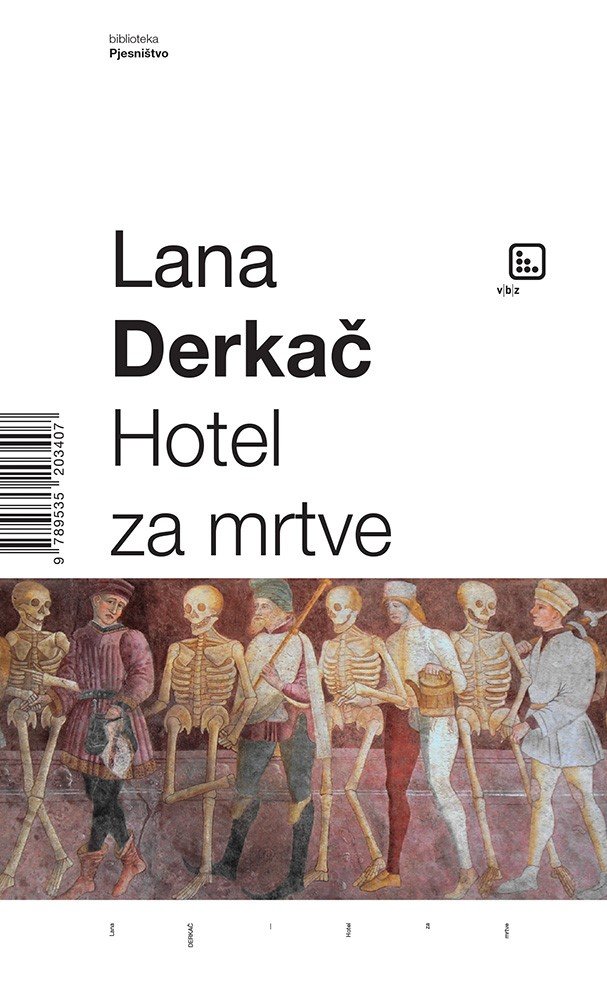
A Croatian Poetry book of Lana

Parnsukt : Dr. Sanjay Boruide, Udiya Transcreation By : Parmita shadangi, Orissa
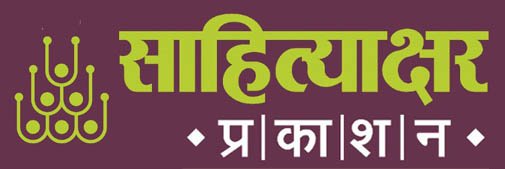
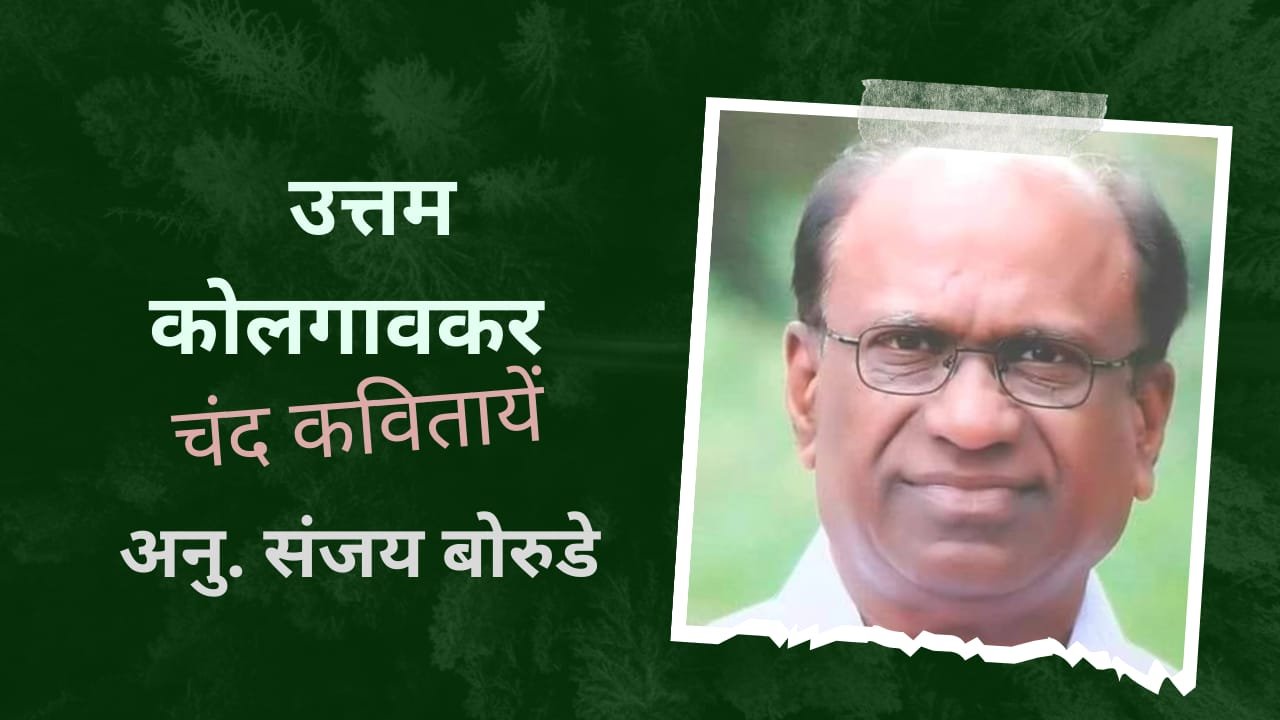
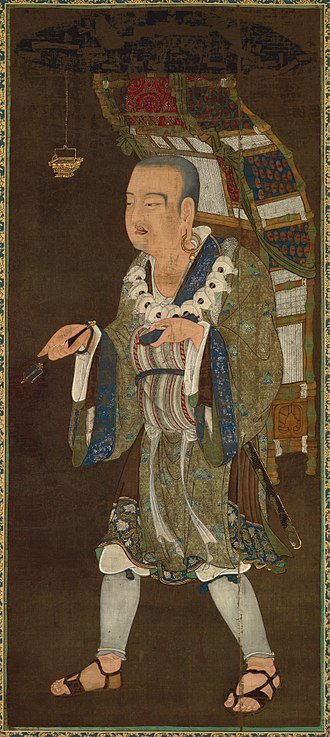
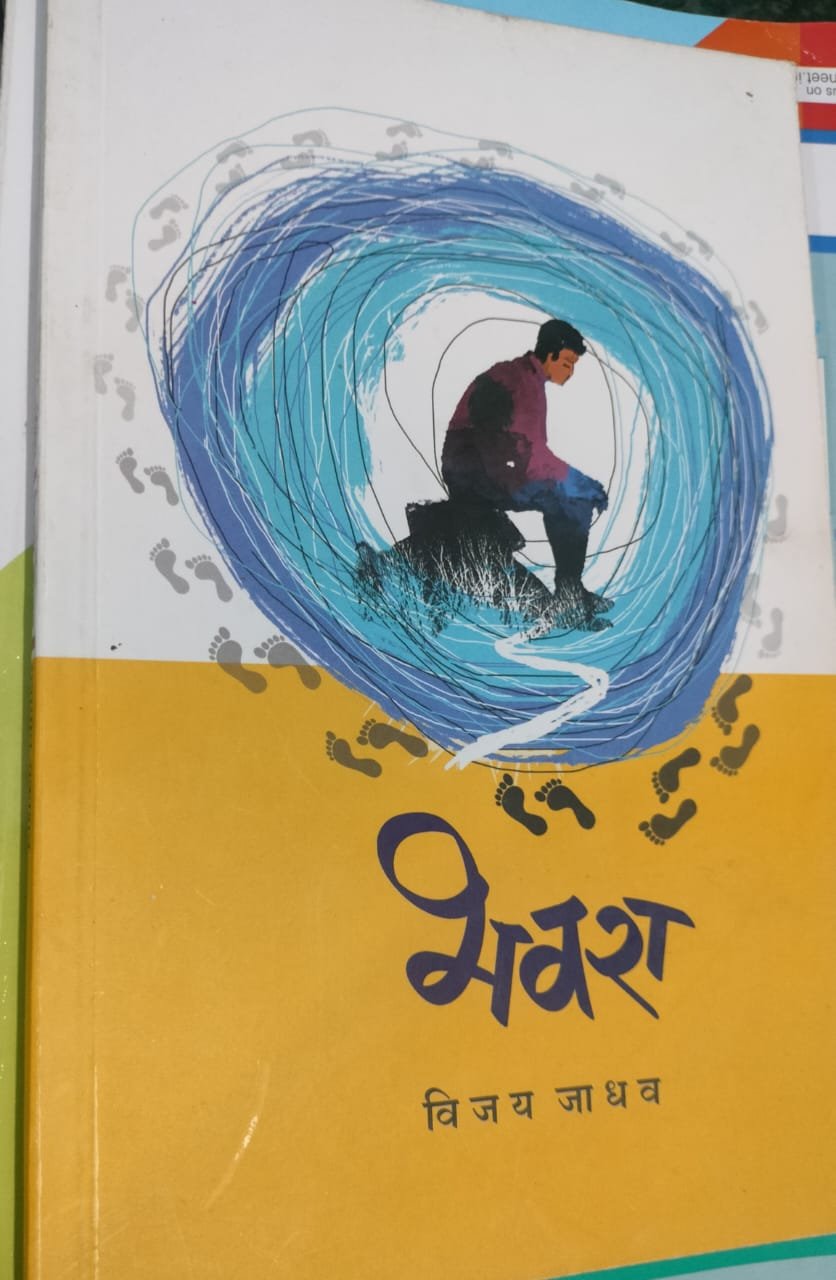
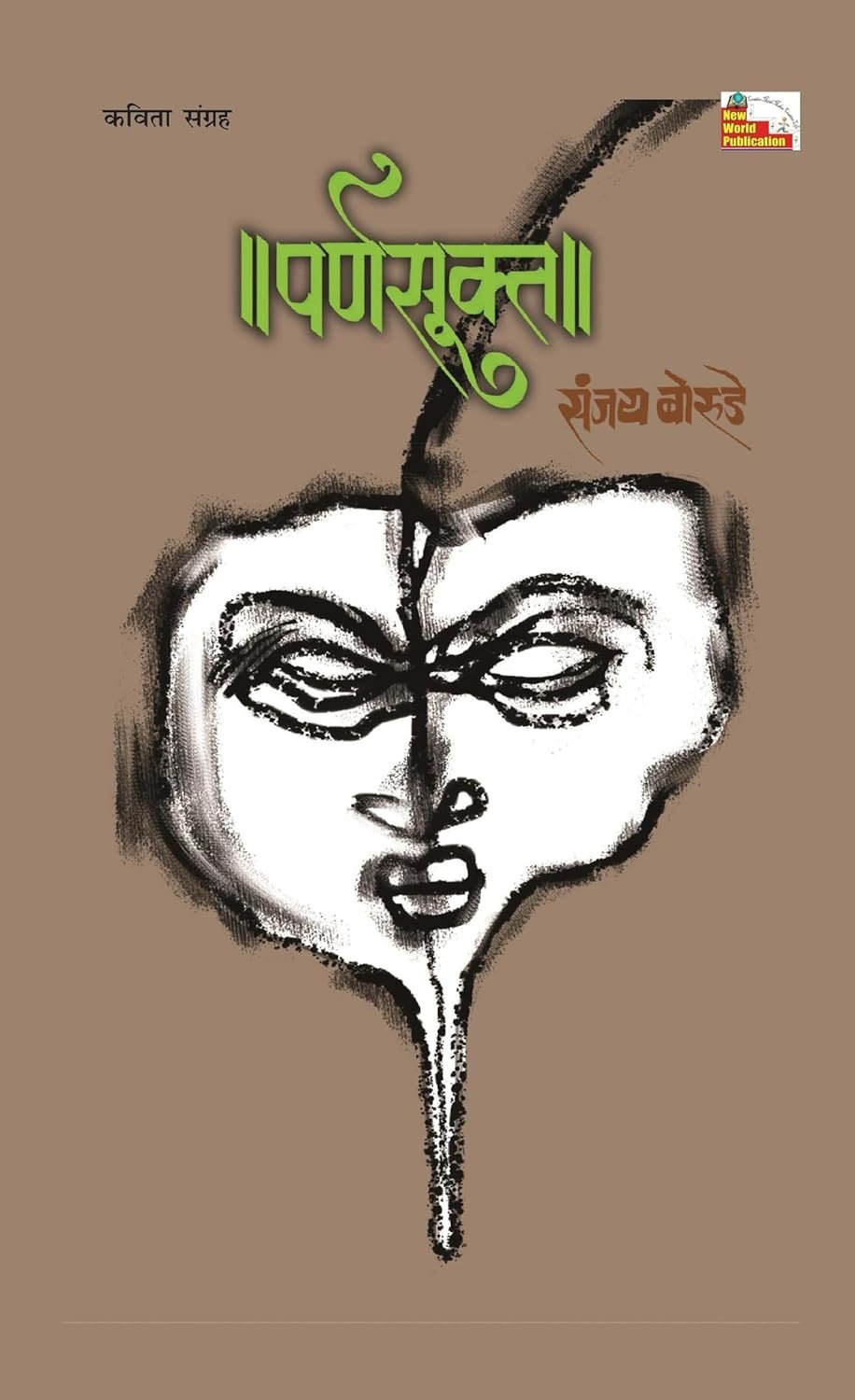



Gulancho Kumari
Very good